Mr. Zelensky's tour of European countries reflects Ukraine's concerns about the risk of a "turning wind" in the US after the 2024 presidential election.
Standing next to German Chancellor Olaf Scholz on May 14, in the midst of a whirlwind tour of Western European countries, Ukrainian President Volodymyr Zelensky noted Berlin's role as the second-largest aid provider to Kiev, after Washington.
"I think we will try to put Germany in the number one position," Mr Zelensky said, while Chancellor Scholz smiled.
The comments made by President Zelensky during his visit to Berlin were somewhat optimistic, but reflected a real concern, as the conflict between Ukraine and Russia is entering an extremely sensitive phase, according to analysts.
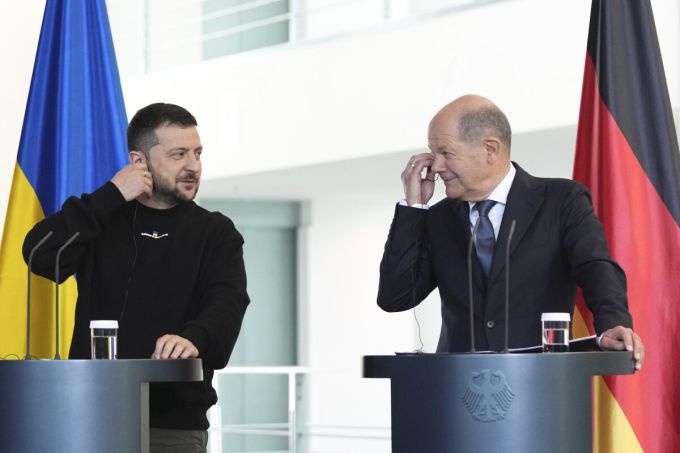
German Chancellor Olaf Scholz (right) and Ukrainian President Zelensky at a joint press conference in Berlin on May 14. Photo: AFP
Kiev’s efforts to rally support from its allies, a task that has been ongoing almost continuously since Moscow launched its military operation last February, are increasingly overshadowed by the prospect that the United States will no longer be Ukraine’s top aid donor after the 2024 presidential election.
“To some extent, this reflects Europe’s uncertainty about the upcoming US election,” said Liana Fix, a senior fellow at the Council on Foreign Relations, a New York-based think tank. “Europe wants to make it clear that it will continue to support Kiev even if the tide turns in the US, to make it clear that this war is a threat to both Ukraine and Europe.”
Although the US presidential election has just entered its early stages, Donald Trump, the leading Republican candidate, has refused to commit to continuing to provide military support to Ukraine if he wins the White House in 2024, fueling anxiety across Europe.
"Berlin is preparing for the possibility that Donald Trump could defeat President Joe Biden in next year's election," Germany's Der Spiegel newspaper wrote last month, saying such an outcome could be "catastrophic" for both Ukraine and NATO.
As Europe's economic powerhouse, Germany has previously had a relatively tense relationship with Ukraine over the level of military support Berlin would provide to Kiev.
The visit over the weekend marked the first time the Ukrainian president had visited Berlin since the conflict began. It was seen as a turning point in relations between the two countries, with Germany announcing an unprecedented military aid package to Ukraine, worth nearly $3 billion, on the eve of the two leaders’ meeting.
Just over a year ago, Ukraine’s aggressive stance prompted German President Frank-Walter Steinmeier to cancel a visit to Kiev. Germany’s reluctance to supply heavy weapons to Ukraine also caused bilateral relations to cool for months.
However, the overall tone changed completely at the two leaders' press conference in Berlin over the weekend, with President Zelensky expressing confidence that support from friends like Germany would cause Russia to fail this year.
After Berlin, the Ukrainian President continued to Paris. His surprise visit to France on the evening of May 14 sent a reassuring message about the relationship between Kiev and Paris.
French President Emmanuel Macron had unsettled officials in Kiev by repeatedly suggesting that negotiations with Russia were a reasonable option. But over the weekend, after a three-hour working dinner, Macron and Zelensky announced that France had offered to train Ukrainian troops and promised to provide armored vehicles and light tanks to several Ukrainian battalions.
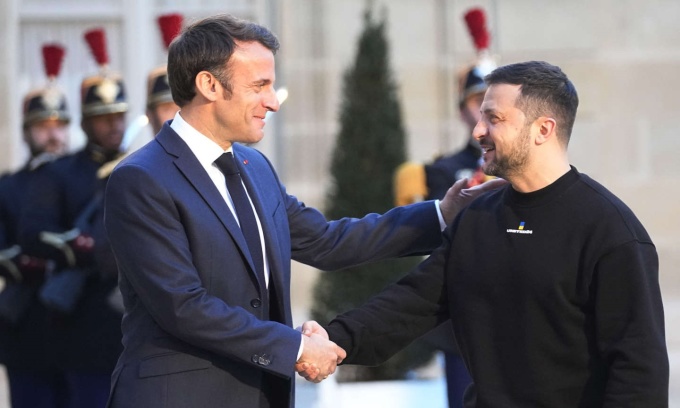
French President Emmanuel Macron (left) shakes hands with Ukrainian President Zelensky at the Elysee Palace in Paris on May 14. Photo: AP
In the UK, Prime Minister Rishi Sunak hugged President Zelensky after the Ukrainian leader stepped down from a helicopter to Chequers House, the British Prime Minister's vacation home on the outskirts of London, for an unannounced media visit.
The British Prime Minister announced that London will provide Kiev with hundreds of additional anti-aircraft missiles, as well as long-range attack drones. Mr Sunak has emerged as a staunch supporter of Ukraine since taking office.
Last week, Britain announced that it had delivered to Ukraine modern Storm Shadow cruise missiles with a range of over 240 km.
For Ukraine, urging Europe to show new, firm commitments of support is a way to allay concerns that any change in US politics could hinder future aid flows.
“If I were President Zelensky, I would want to see a clear momentum of support in Europe as the US prepares for the election,” said Thomas Kleine-Brockhoff, a scholar at the German Marshall Fund in Berlin, Germany.
The new German aid package will include 30 more Leopard 1 tanks, along with Marder armored vehicles, air defense systems and surveillance drones. But rather than portraying it as an effort to prepare Kiev for a long-awaited counteroffensive, Berlin is signaling that it represents a long-term commitment.
“We all hope that this terrible war will end quickly,” German Defense Minister Boris Pistorius said on May 13, when the aid was announced. “But unfortunately, this is unlikely to happen in the near future. That is why Germany will provide all possible support to Ukraine, for as long as necessary.”
But Mr Zelensky did not get everything he wanted on his trip, as the offensive was about to begin. In fact, much of the new aid announced by the three European countries will not reach Ukraine before the offensive begins.
Kiev has long stressed that what it needs most are Western fighter jets. But even Britain, one of Ukraine’s strongest allies, has been unable to make a clear commitment on the issue.
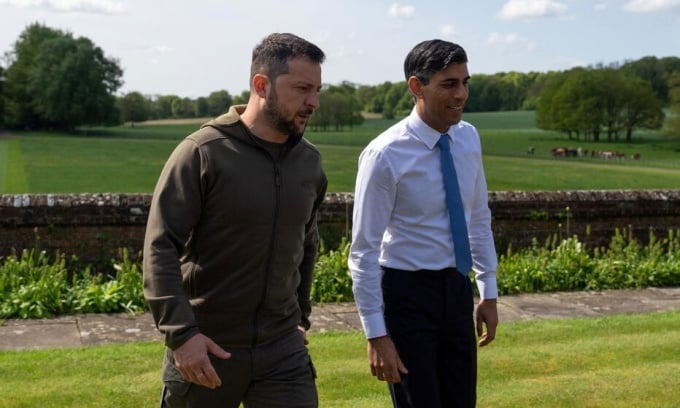
British Prime Minister Rishi Sunak (right) welcomes Ukrainian President Volodymyr Zelensky at Chequers House, a suburb of London, February 15, Photo: Reuters
Prime Minister Sunak promised to help train Ukrainian pilots to fly NATO fighter jets, but noted that building up Ukraine's air force was "no easy task".
The reason the West has delayed providing fighter jets to Ukraine stems from NATO's concern that it would be seen as a party directly involved in the confrontation with Russia.
Mr Zelensky's European tour also failed to make much headway on his long-standing call for NATO to quickly admit Ukraine as a member.
"It is time to remove the biggest uncertainty in European security, which is to make a positive political decision on our NATO membership," the Ukrainian president said in a pre-recorded video for the Copenhagen Democracy Summit on May 15.
But when he appeared alongside the Ukrainian president in Berlin, German Chancellor Scholz sidestepped the subject. Public support for Ukraine’s entry into NATO has so far been limited to countries on the alliance’s eastern fringes.
According to scholar Kleine-Brockhoff, this will be the reason why relations between Ukraine and Europe remain at odds after the warm reception for Mr. Zelensky.
Speaking in Copenhagen, NATO Secretary General Jens Stoltenberg said the reality was that discussions about Ukraine's membership would be meaningless unless the country managed to maintain its status as a "sovereign independent state in Europe". This meant Ukraine would have to end the fighting before it could be considered for membership.
The comments from NATO leaders once again poured cold water on Ukraine, even as they announced important progress in the eastern city of Bakhmut, where some of the fiercest fighting is taking place.
On May 14, Deputy Defense Minister Ganna Malyar announced that Ukraine had recaptured more than 10 positions controlled by Russian forces in the northern and southern suburbs of Bakhmut.
Ukrainian Army Commander Oleksandr Syrskyi said recent achievements in Bakhmut had proven that Kiev was "able to advance even in extremely difficult conditions". "We are fighting with fewer resources than the enemy, but we are still able to thwart their plans," he said.
Vu Hoang (According to LA Times )
Source link


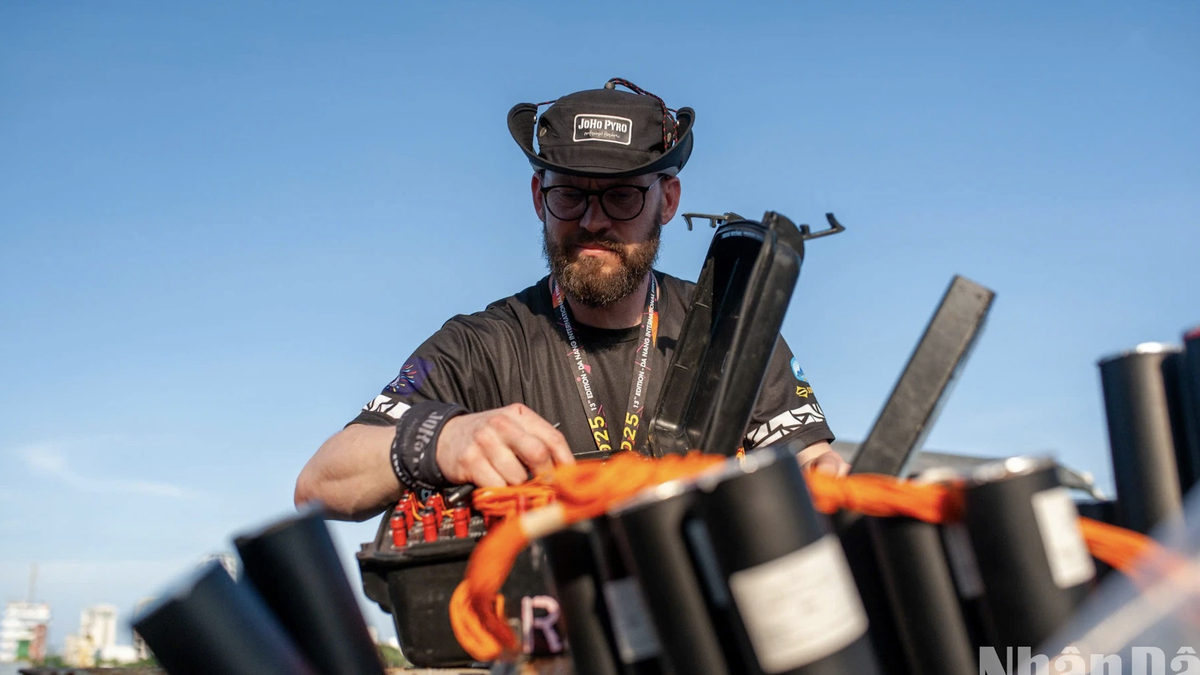
![[Photo] Prime Minister Pham Minh Chinh meets with Hungarian President Sulyok Tamas](https://vphoto.vietnam.vn/thumb/1200x675/vietnam/resource/IMAGE/2025/5/29/dbcaa73e92ea4448a03fe1d0de6d68e8)
![[Photo] Vietnamese and Hungarian leaders attend the opening of the exhibition by photographer Bozoky Dezso](https://vphoto.vietnam.vn/thumb/1200x675/vietnam/resource/IMAGE/2025/5/29/94d8ceca5db14af3bf31285551ae4bb3)
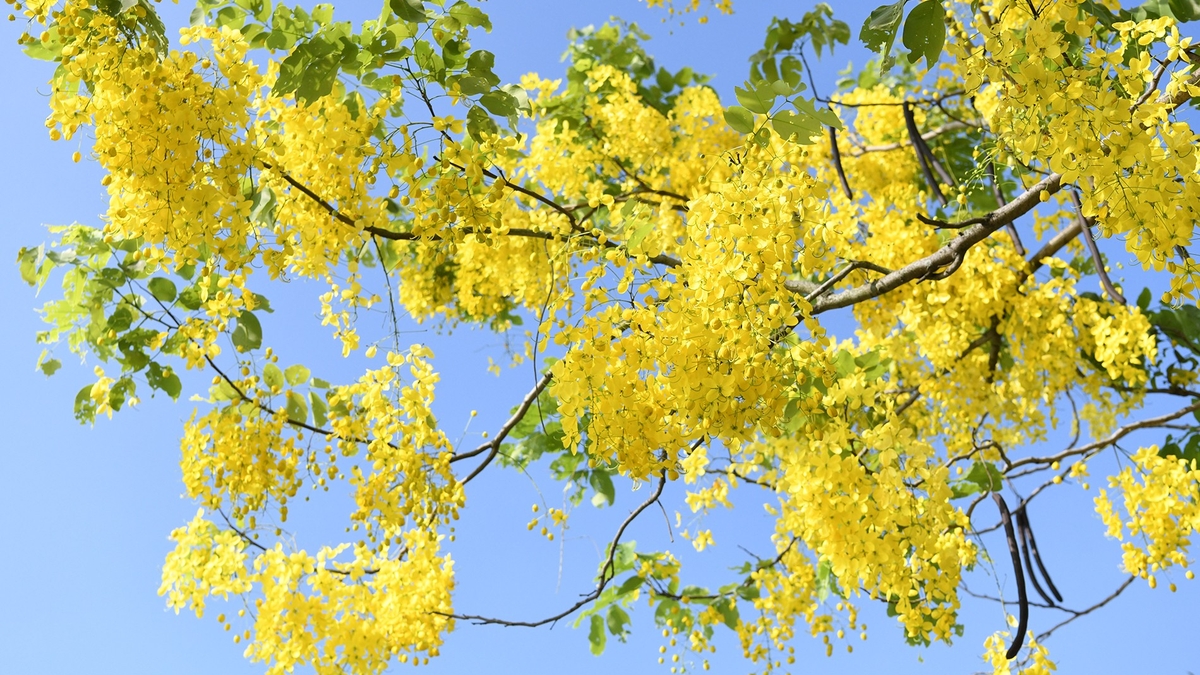




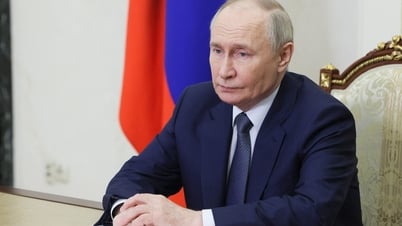
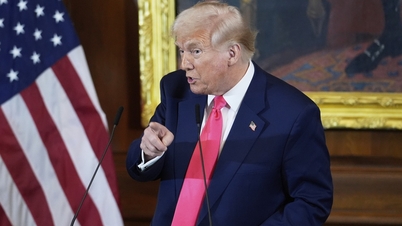



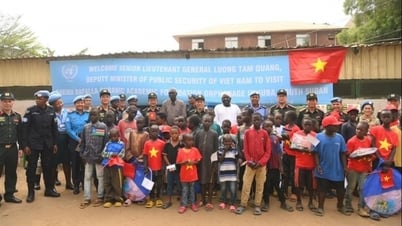

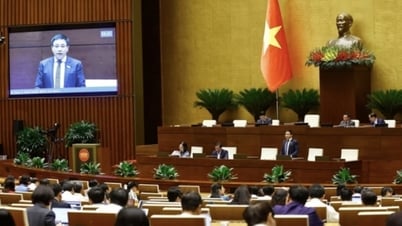
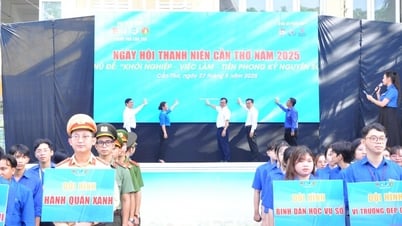
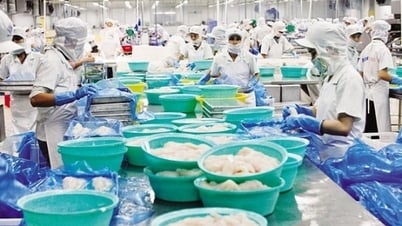
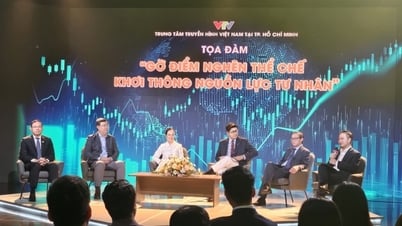
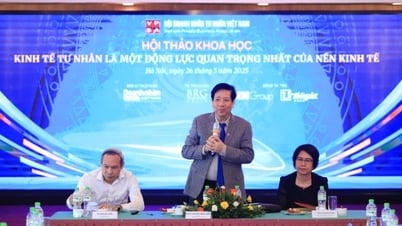





























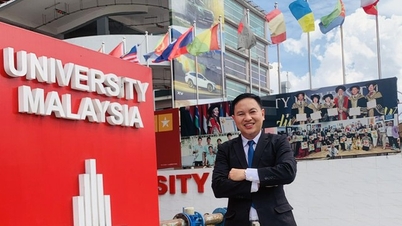







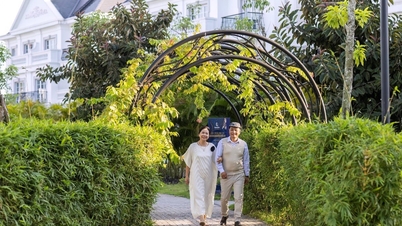
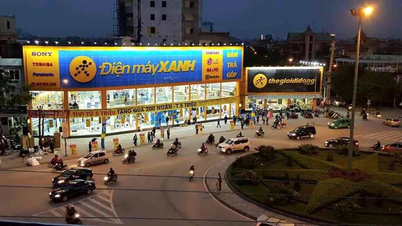




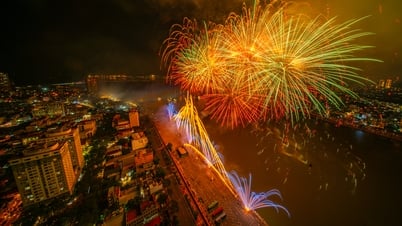
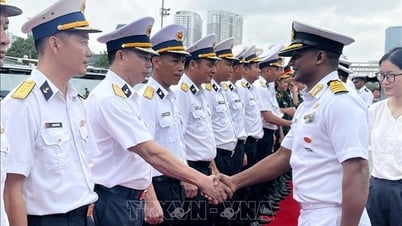

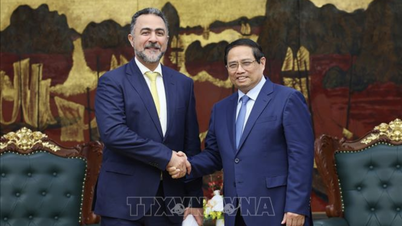
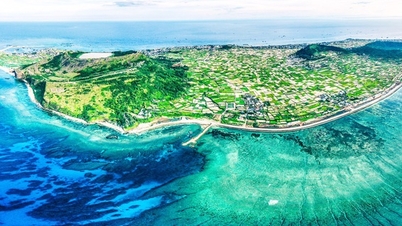
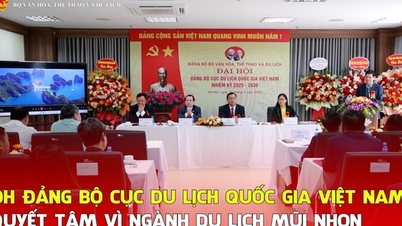

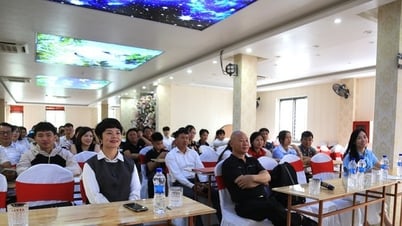
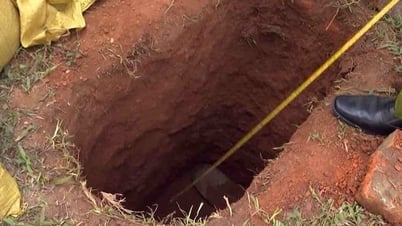
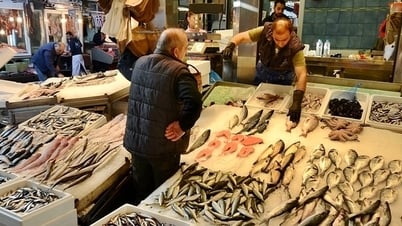

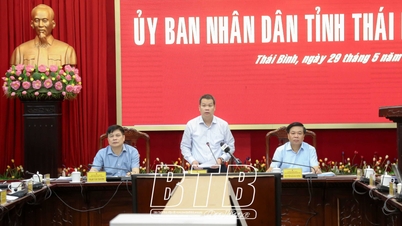

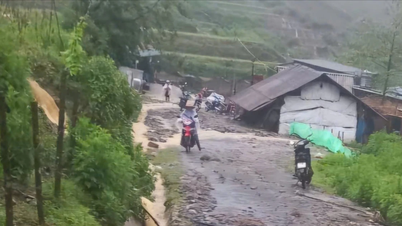

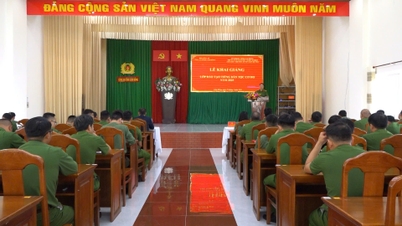

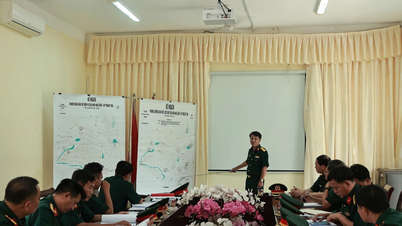











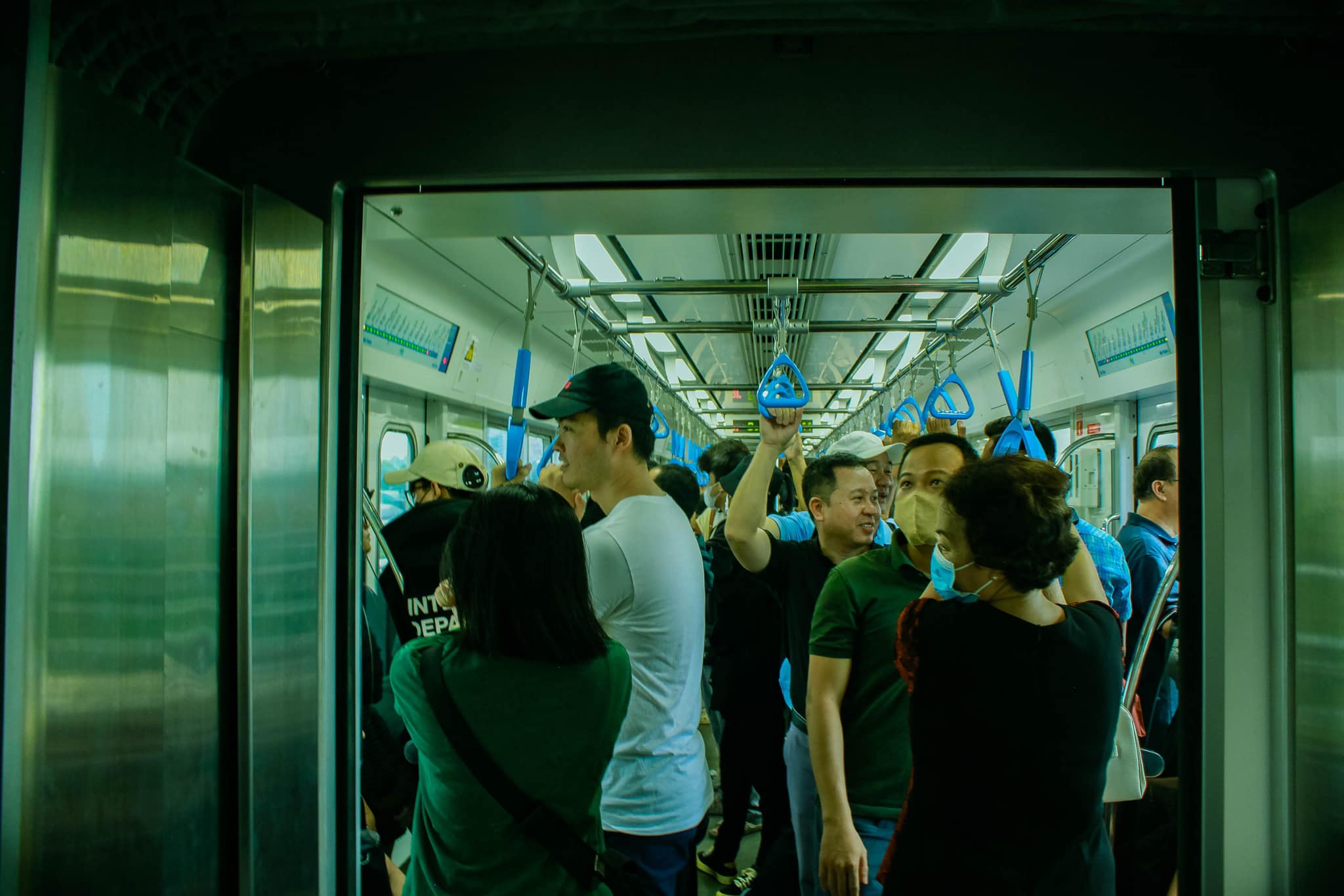



Comment (0)